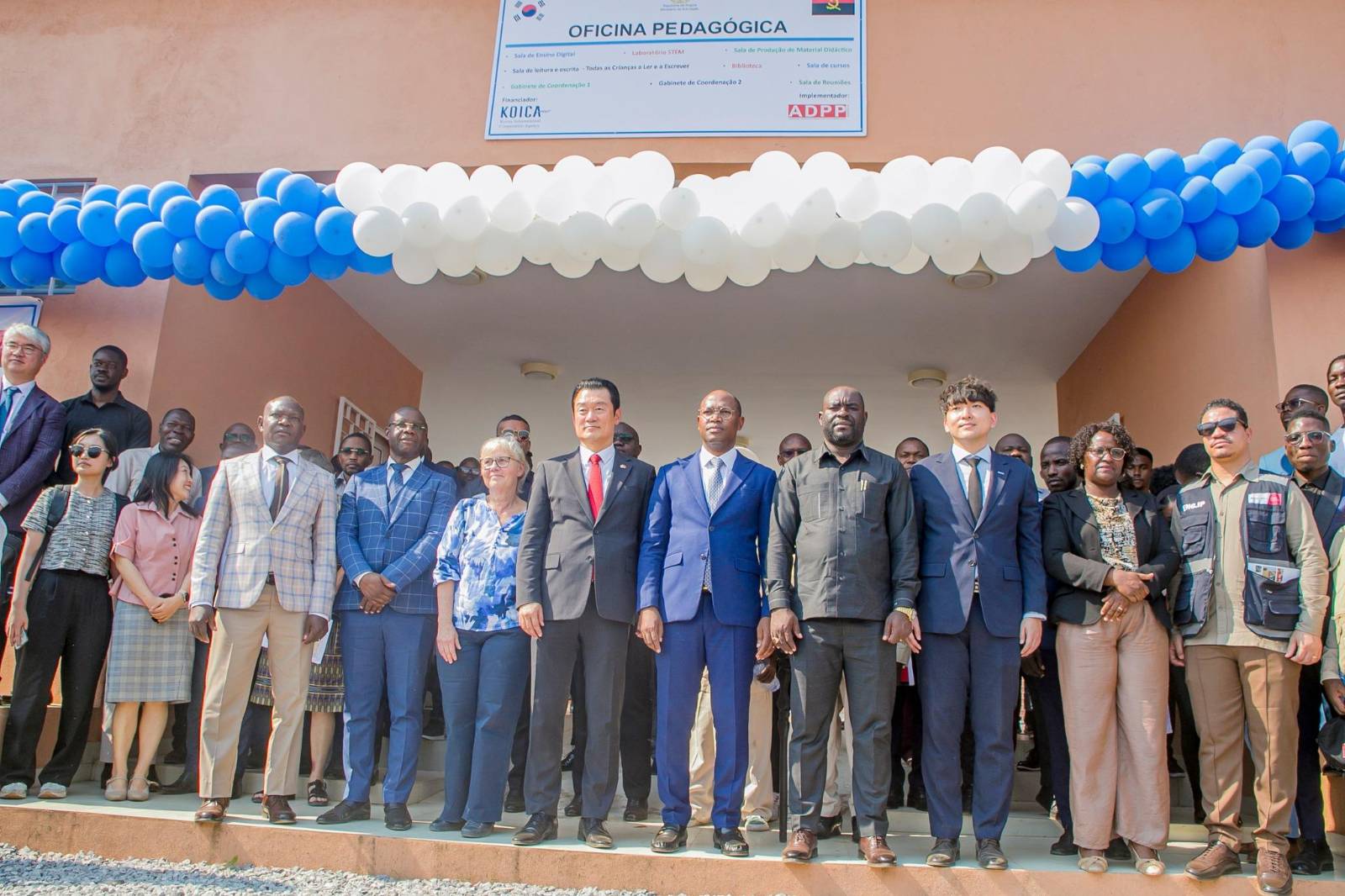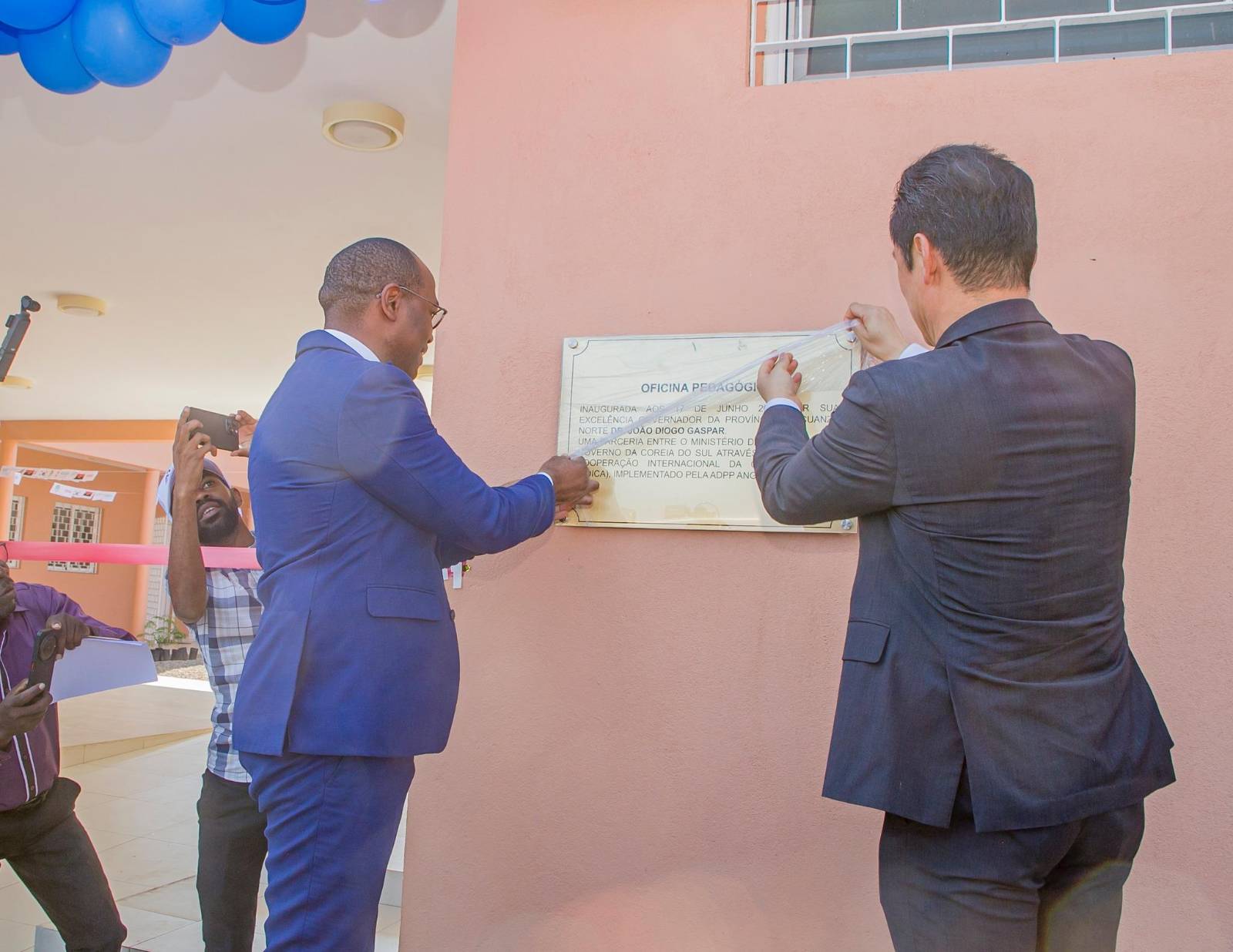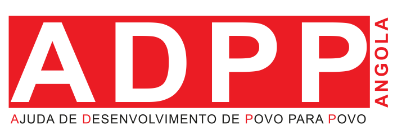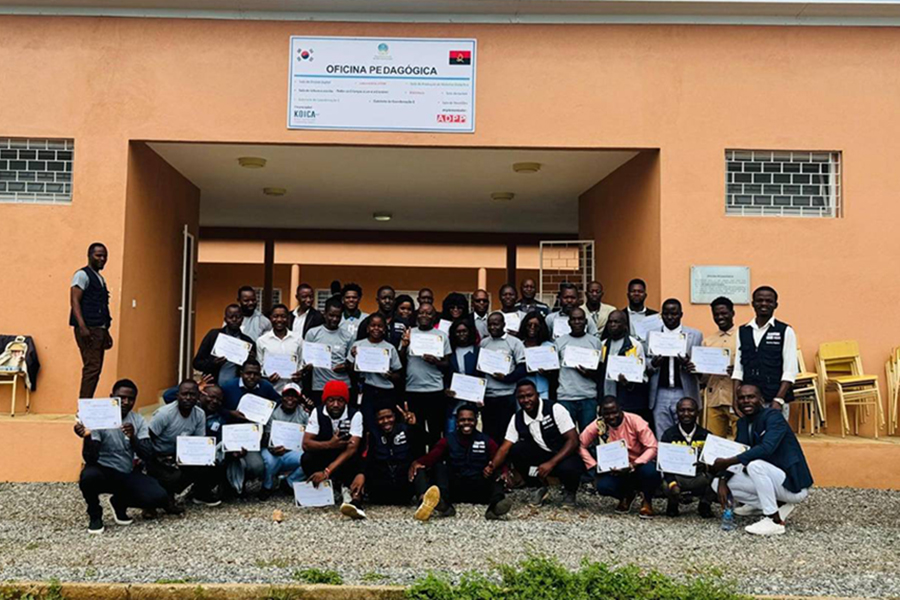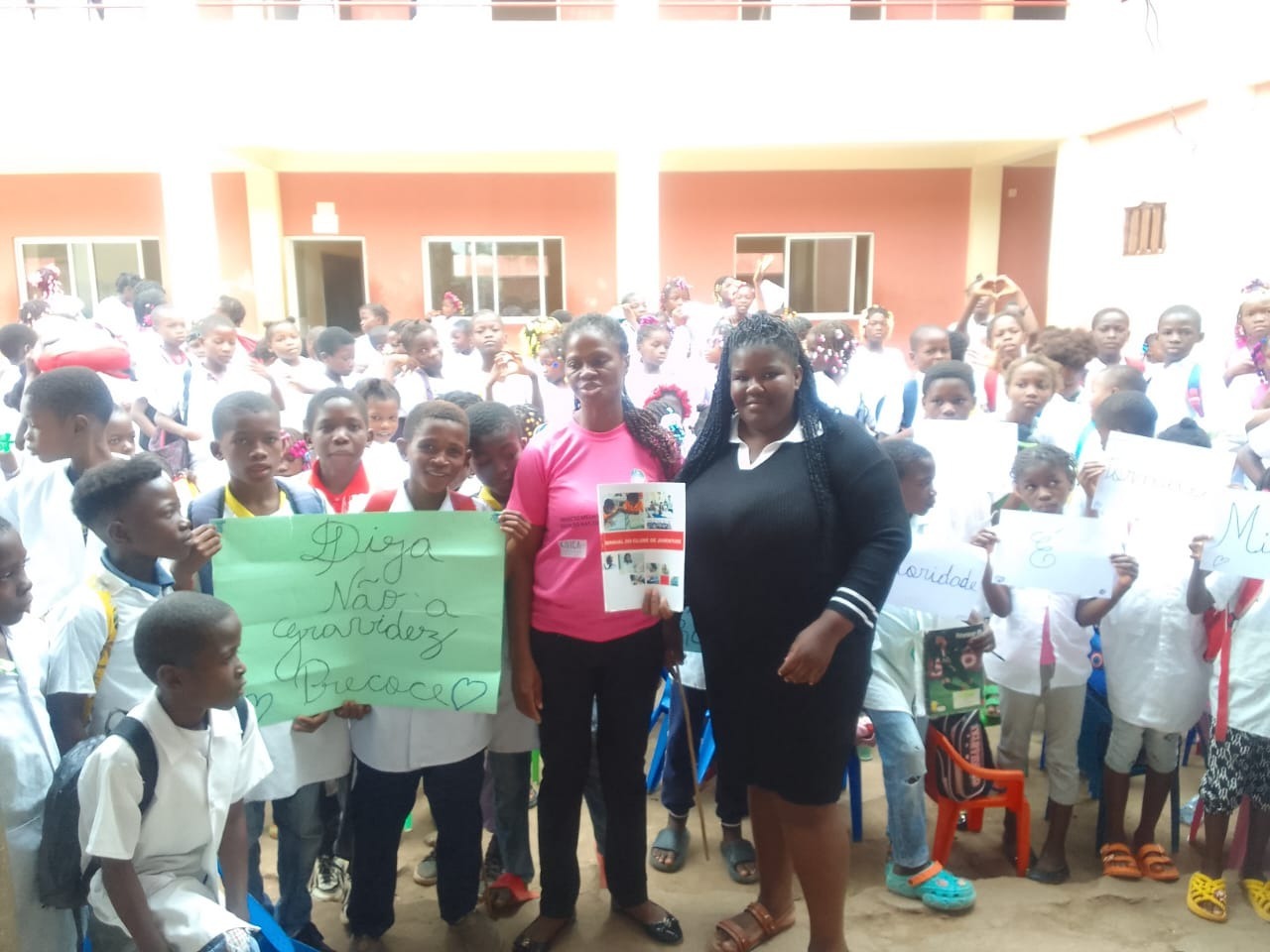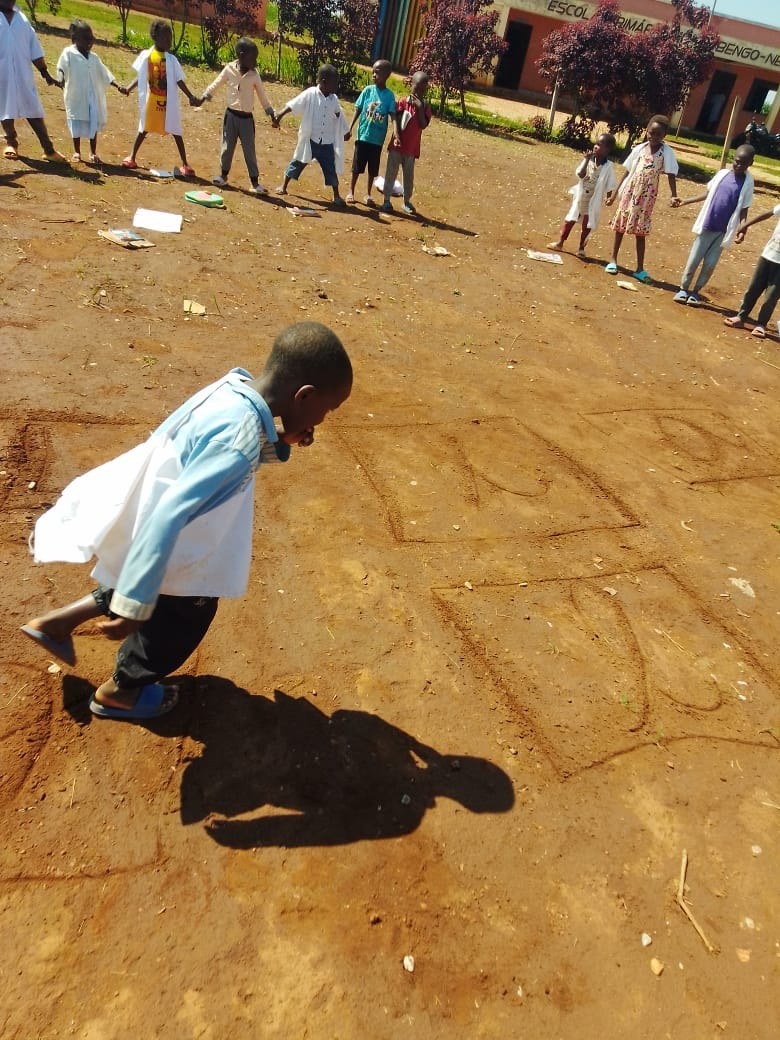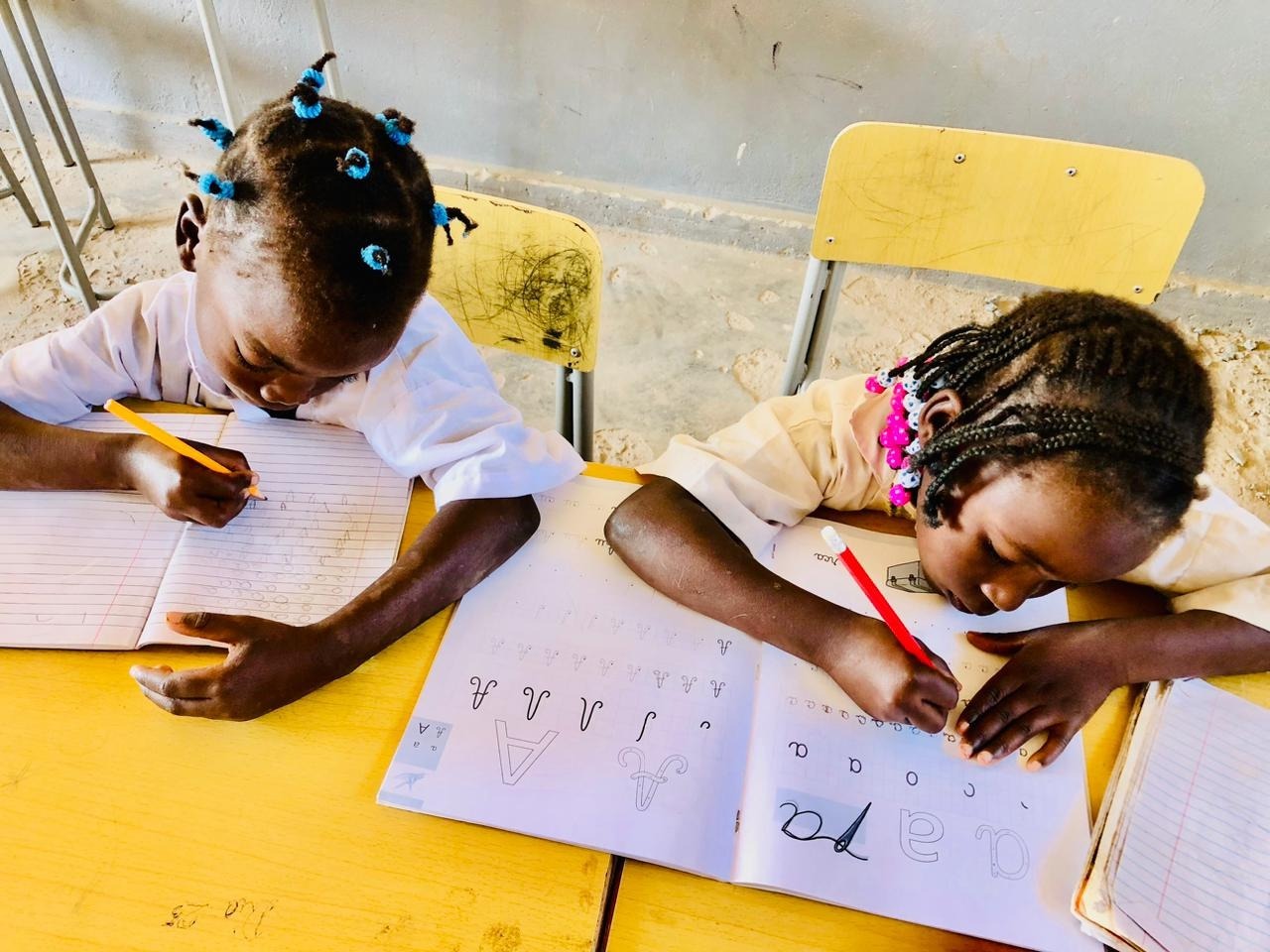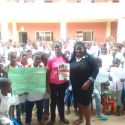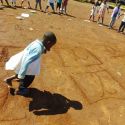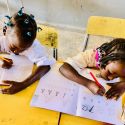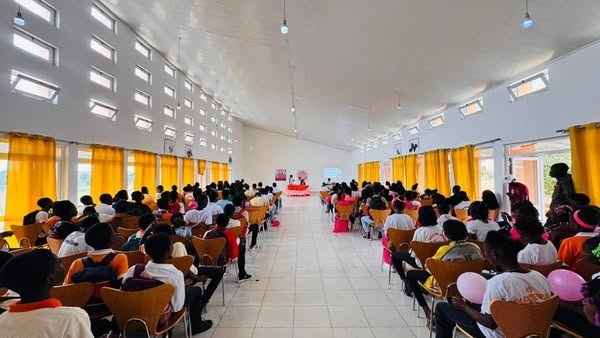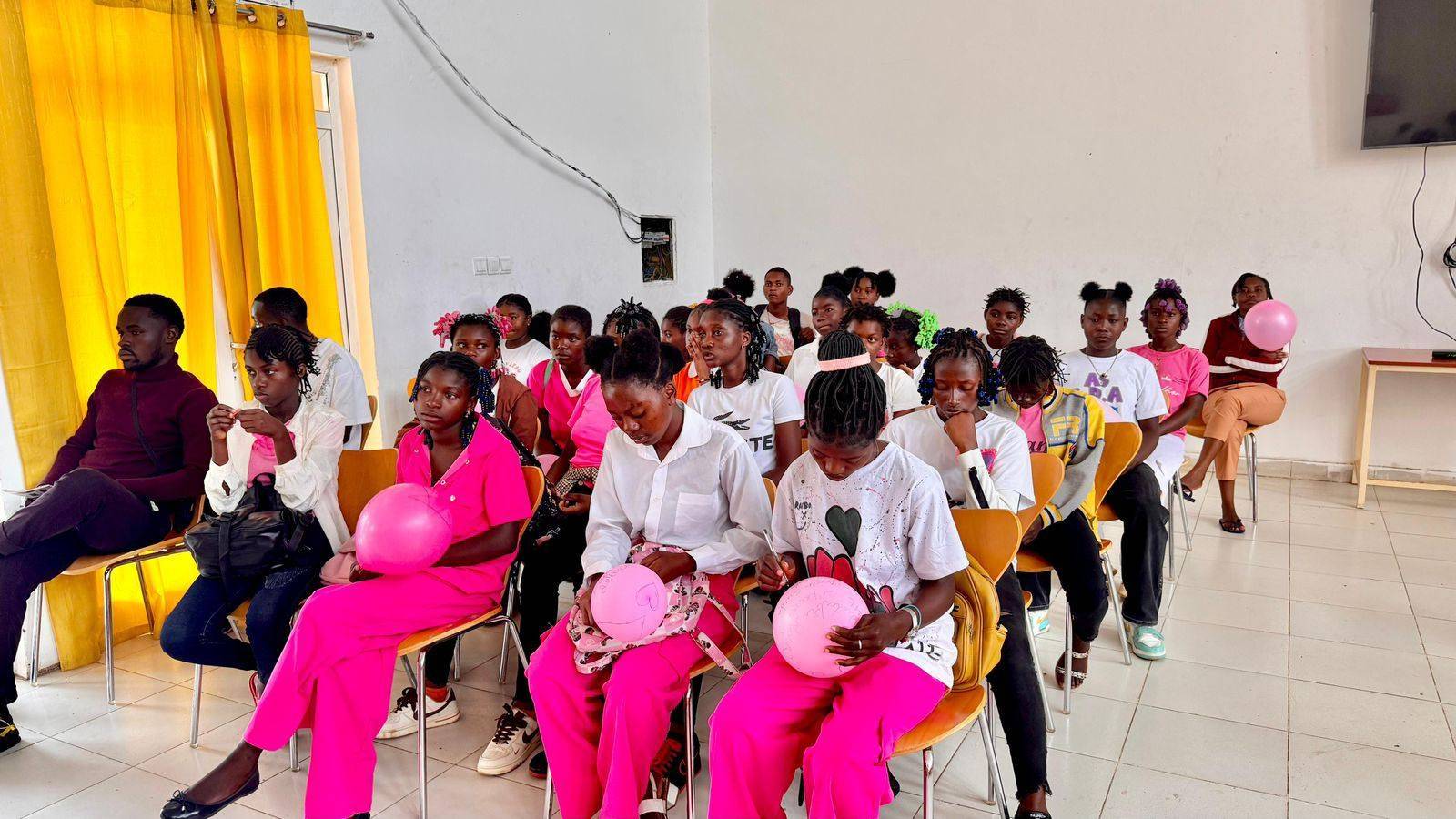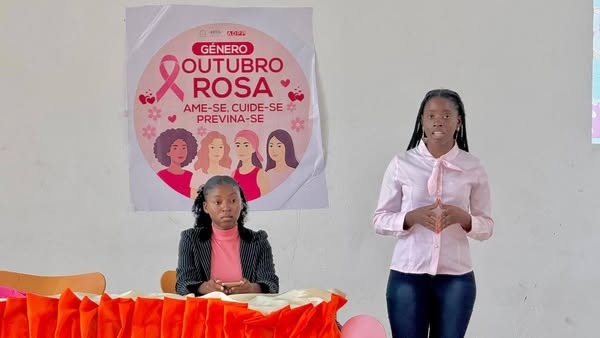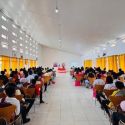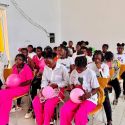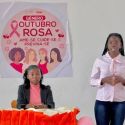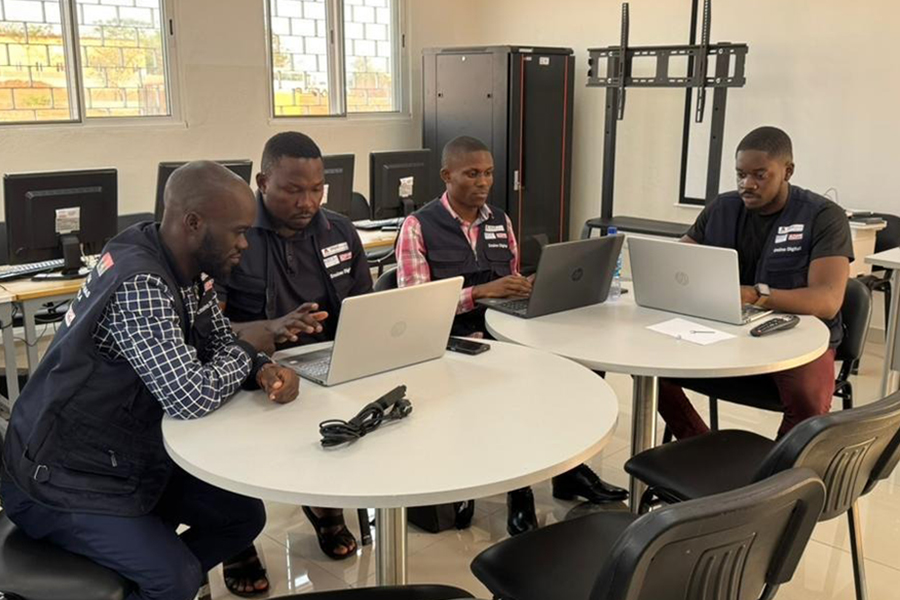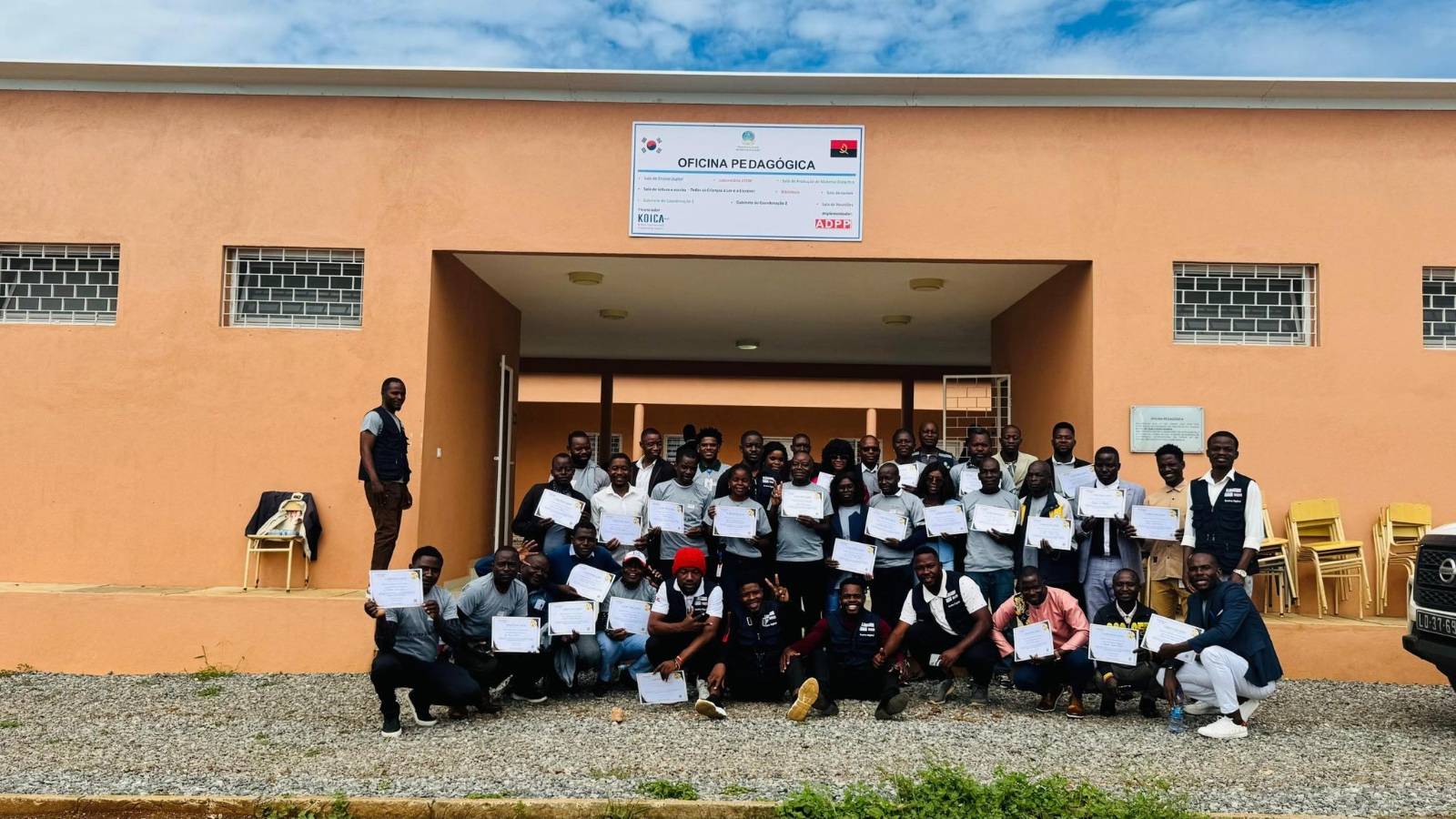
As part of the Project for Improving the Quality of Education in Rural Areas of Angola (KOICA), a workshop focused on Digital Teaching in Rural Areas was held at the Pedagogical Workshop in Cuanza Norte. The event brought together 72 professionals, including teachers, heads of general education, and municipal directors of education from Banga, Golungo Alto and Samba Cajú.
During the meeting, participants visited the Pedagogical Workshop and attended training sessions on preparing digital lessons with limited resources, technological planning, and the use of artificial intelligence tools to enhance pedagogical and administrative tasks.
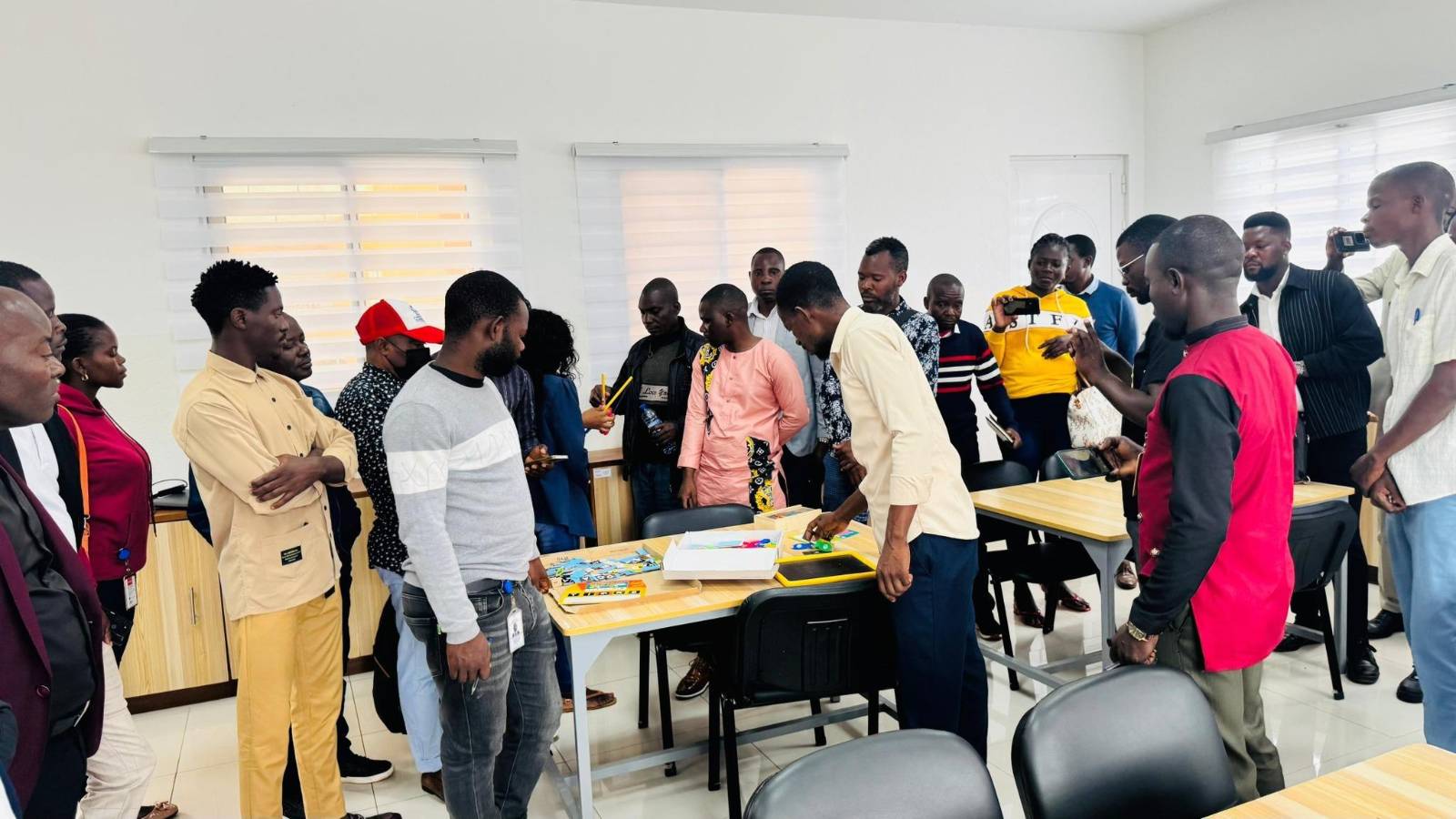
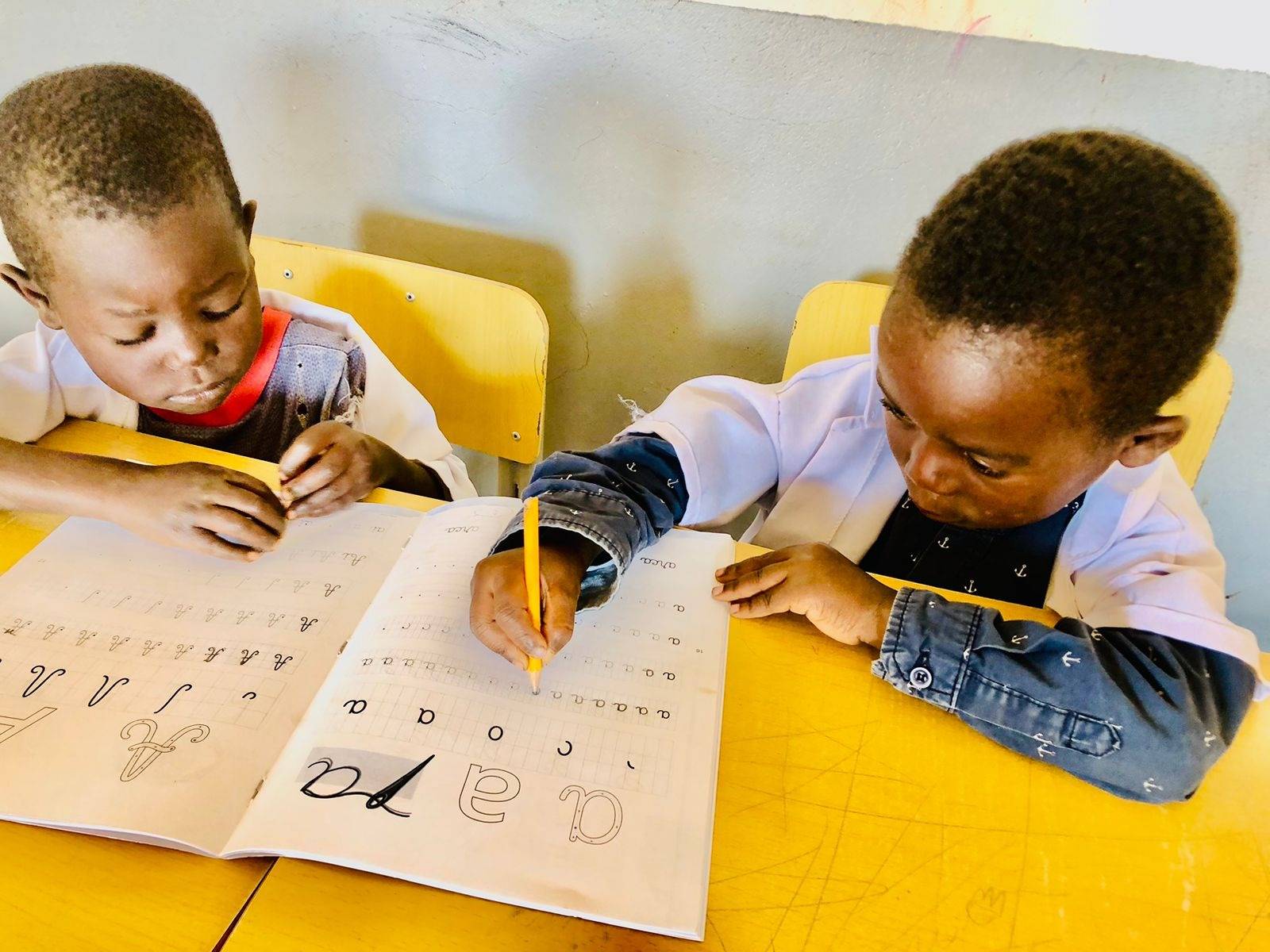
The Education Quality Improvement Project continues to carry out key actions across its different components, involving schools, teachers, students, parents, and communities.
In Malanje, in the municipality of Kalandula, a methodological supervision took place at Primary School No. 9 of Tanque, in the Initiation class of teacher Samuel Kafundanga. The students worked in groups of three on motor coordination activities using the handwriting manual provided by the project. These materials have made it easier for them to copy content from the blackboard, contributing to improved learning and better teaching quality.
In Cuanza Norte, in the municipality of Cambambe, a lecture on Early Pregnancy and Early Marriage was held at School Complex No. 810 Guimbe Songue. The session, led by teacher Maria Fernanda Vasconcelos, brought together 108 students (58 girls and 50 boys) and addressed the impact of early pregnancy on school dropout.
In Uíge, in the municipality of Negage, in the village of Bango, another School Readiness activity took place with parents and children. The session worked on motor skills, agility, concentration, socialisation, and creativity through games and everyday objects. A total of 57 children (26 boys and 31 girls), 19 parents/guardians and the community’s Soba participated.

In the municipality of Lucala, a lecture was held at the ADPP Teacher Training School – Cuanza Norte as part of the Pink October campaign, under the theme “Together in the fight against breast cancer and the role of women in building a fairer and more equal society.”
The event brought together around 300 participants, including representatives from various ministries and local offices, teachers, and students from the Polytechnic School and the ADPP Teacher Training School – Cuanza Norte.
It had a positive impact, strengthening students’ knowledge about the warning signs, the importance of self-examination, and the need for early diagnosis of breast cancer.
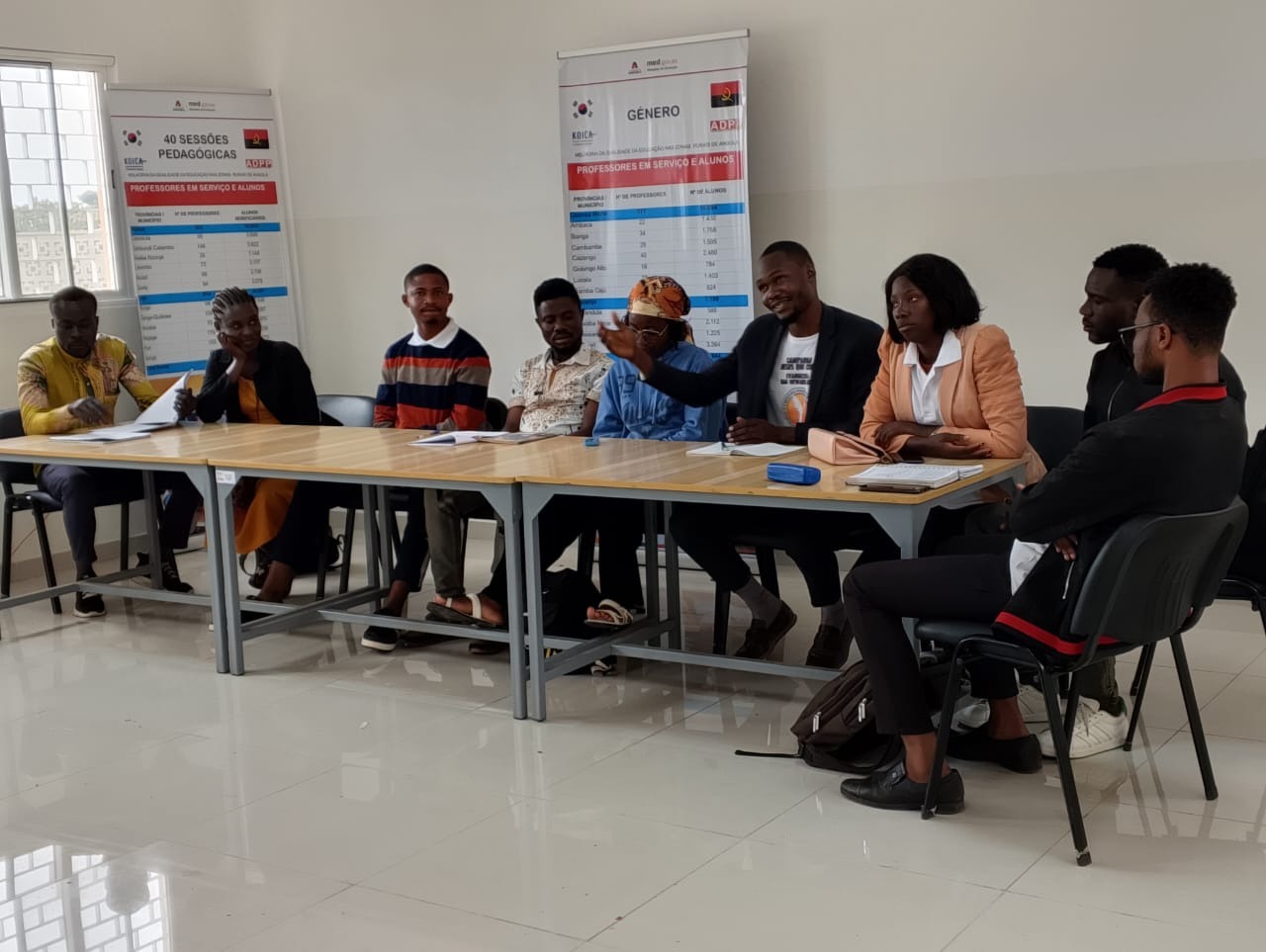
As part of the Angola Rural Education Quality Improvement Project, funded by the Government of Korea through KOICA, planning and training sessions were held across the three provinces covered by the programme – Cuanza Norte, Malanje, and Uíge – to enhance the technical, methodological, and pedagogical skills of participating teams.
In Cuanza Norte, a planning session on digital education brought together representatives from the three provinces, in collaboration with the Ministry of Education of Angola. The session focused on aligning methodologies, coordinating activities for the 2025/2026 academic year, and strengthening the project’s pedagogical, technical, and administrative efforts.
In Malanje, planning and training sessions for the gender component trainers took place at the ADPP Malanje Teacher Training School. Over three days of intensive and productive work, teams developed innovative strategies and approaches to promote a more inclusive and equitable education system.
In Uíge, the STEM planning session gathered staff and guest trainers. The programme featured technical and administrative discussions, a field visit to a landfill site, and practical activities on topics such as exponents, greatest common divisor, area, perimeter, and making homemade modelling clay. The sessions also included a review of guidelines from the “40 STEM Sessions” manual, setting a strong foundation for the new academic year.
In the Literacy Component, Module 2 training for literacy facilitators began, reaffirming the project’s commitment to improving education in rural communities.
These sessions strengthened coordination among provincial teams, laying the groundwork for more efficient implementation and greater impact across all target areas.
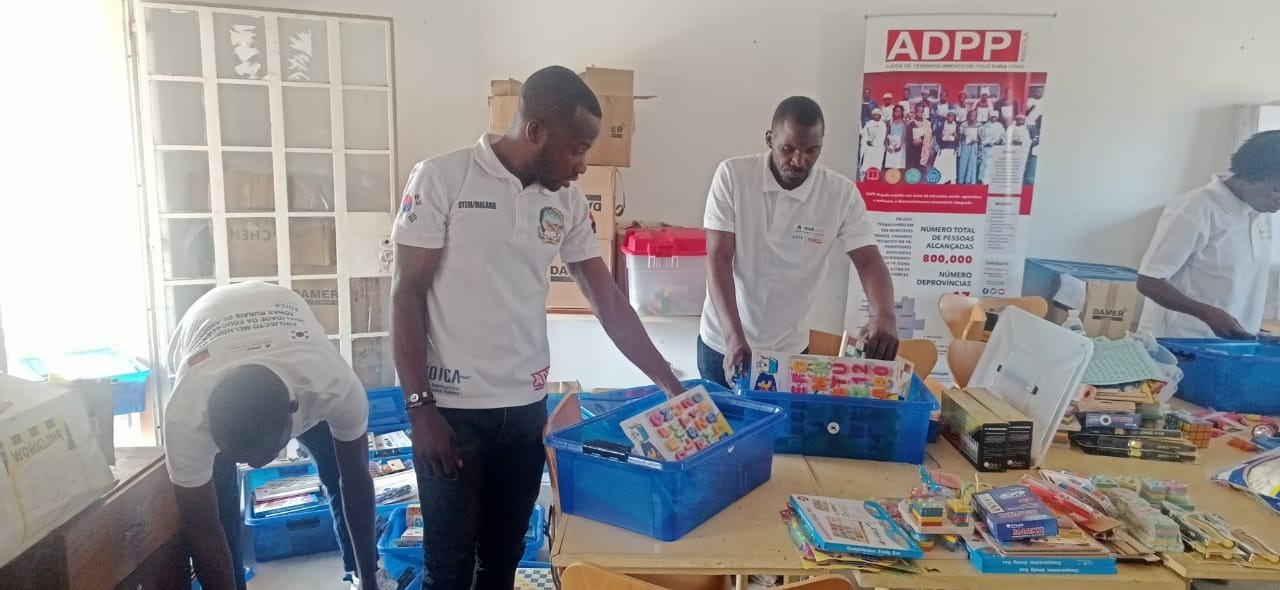
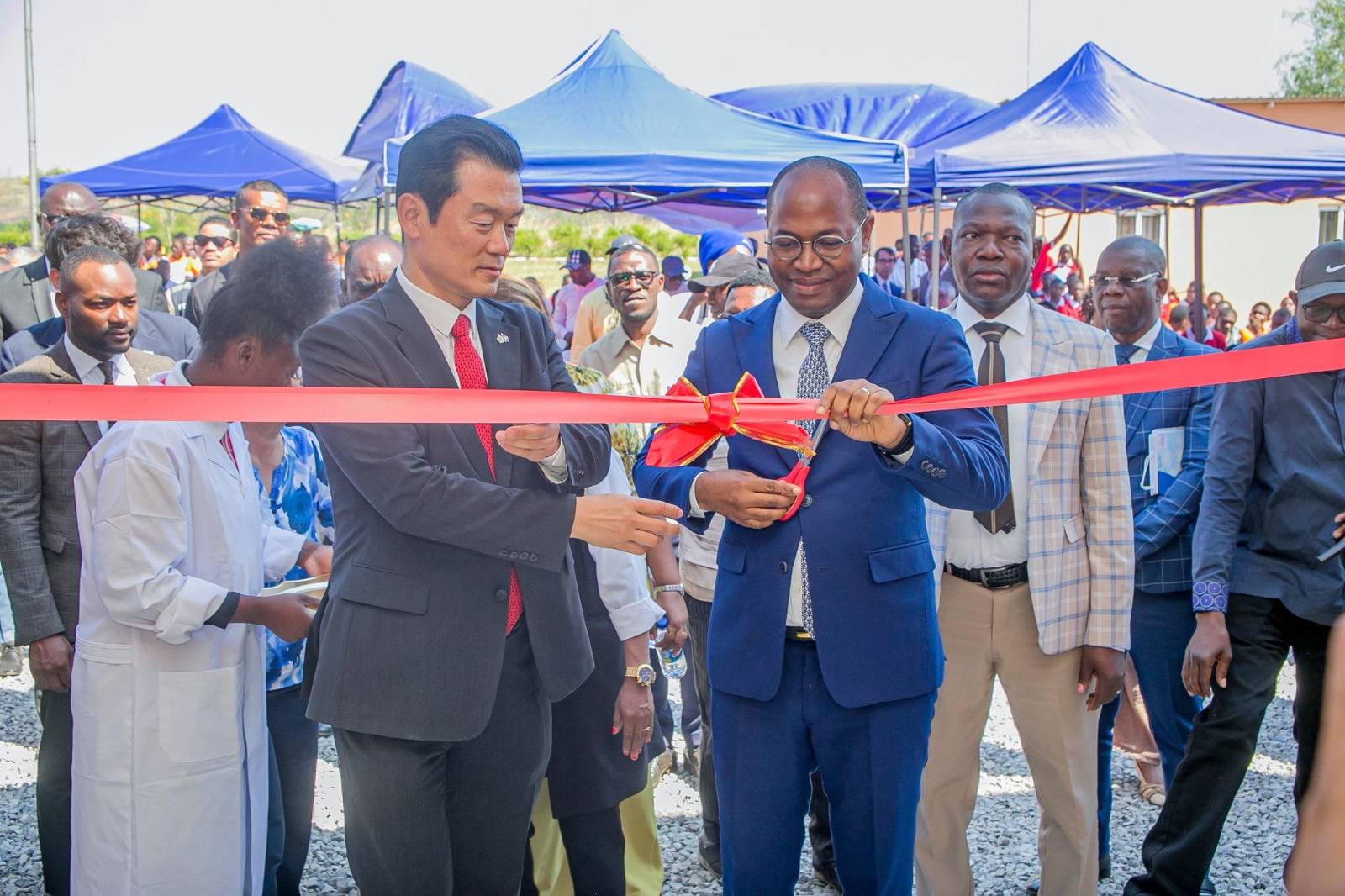
On June 17, 2025, the new Pedagogical Workshop in Cuanza Norte was officially inaugurated as part of the project “Improving the Quality of Education in Rural Areas of Angola – Cuanza Norte, Malanje, and Uíge.”
The ceremony was presided over by the Provincial Governor of Cuanza Norte, Dr. João Diogo Gaspar, and attended by the Ambassador of the Republic of Korea, Mr. Kwang-Jin Choi, as well as representatives from KOICA (Korea International Cooperation Agency), the Ministry of Education, and ADPP Angola.
The new Pedagogical Workshop includes planning rooms, a library, an e-learning room, and a STEM laboratory. It serves pre-service teachers, in-service teachers, and school principals across the provinces of Cuanza Norte, Malanje, and Uíge. The facility was designed as a center for creativity, collaboration, and methodological innovation, directly supporting the project's activities.
On the occasion, the Provincial Governor highlighted that the new infrastructure represents a significant step forward in technical and vocational training in rural areas, aligning with the government's vision of a more inclusive education system focused on employability.
The Director-General of INFQE, representing the Minister of Education, emphasized the importance of the partnership with ADPP, which has been training teachers in rural communities since 1986.
Rikke Viholm, Chairperson of the Board of ADPP Angola, thanked the partners for their support in making this project milestone possible and emphasized that the new workshop will boost hands-on learning, the use of digital tools, and the production of teaching materials, benefiting thousands of teachers and students.
Ambassador Kwang-Jin Choi highlighted the 33 years of diplomatic relations between Angola and South Korea and the 80th anniversary of Korea's liberation, stressing that education was essential to Korea’s development—and could also be a key driver of progress for Angola.
The project, funded by the Government of South Korea through KOICA under a bilateral agreement with the Ministry of Education and implemented by ADPP Angola, began its first phase in 2009. Now in its third phase, launched in 2022, it operates in 21 municipalities, reaching 454 primary schools, over 3,345 teachers, and 132,000 students. The new Pedagogical Workshop represents another step forward in strengthening quality, inclusive, and transformative education.
The ceremony coincided with a visit from a KOICA delegation from its regional office in Kinshasa, who are in Angola from June 16 to 19 to monitor the project’s progress.
